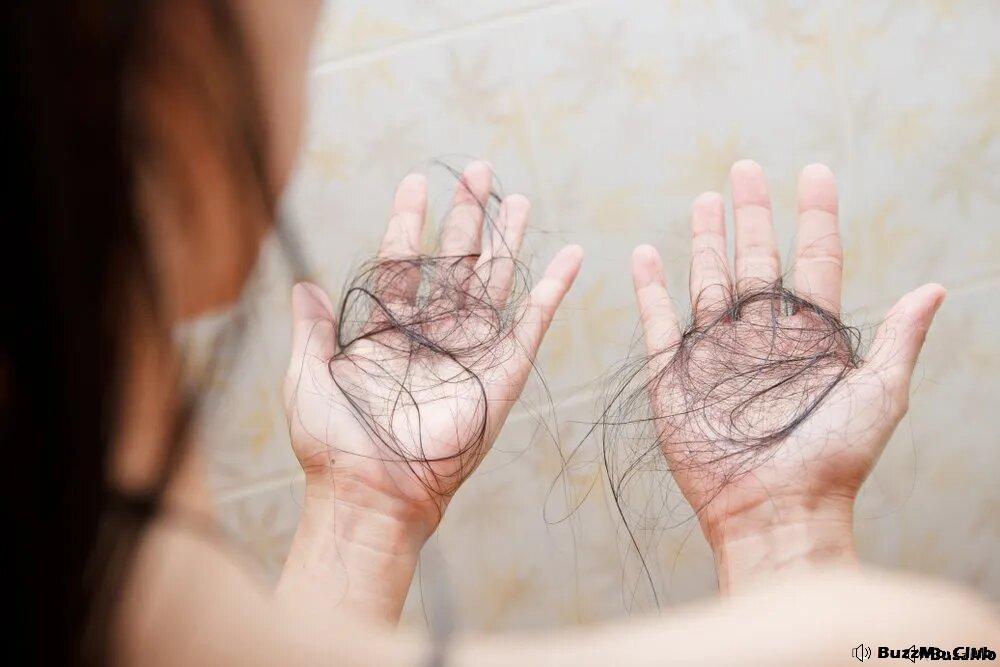Our hair is not only a reflection of our style but also a barometer of our health. One often overlooked aspect contributing to hair loss is vitamin deficiency. In this article, we delve into the intricate relationship between various vitamins and healthy hair growth.
Vitamin A and Hair Health
Vitamin A, a crucial nutrient for overall health, plays a significant role in promoting healthy hair growth. Insufficient levels of vitamin A can lead to dry and itchy scalp, ultimately contributing to hair loss.
Vitamin B Complex and Hair Loss
The B-vitamin family is a powerhouse for hair health. Deficiencies in specific B vitamins, such as Biotin and B12, have been linked to hair thinning and loss.
Vitamin C and Collagen Formation
Vitamin C isn’t just for boosting immunity. It also aids in collagen production, essential for maintaining the strength and elasticity of hair.
Vitamin D and Hair Follicles
Vitamin D is a key player in maintaining healthy hair follicles. A deficiency in this vitamin has been associated with hair shedding and thinning.
Vitamin E and Antioxidant Benefits
Vitamin E acts as a potent antioxidant, protecting hair follicles from oxidative stress. Including vitamin E-rich foods in your diet can contribute to healthier hair.
Iron Deficiency and Hair Thinning
Iron deficiency is a common cause of hair thinning. Ensuring an adequate iron intake from both dietary sources and supplements can combat this issue.
Zinc and Hair Growth
Zinc deficiency can disrupt the hair growth cycle, leading to hair loss. Including zinc-rich foods can contribute to maintaining hair health.
Omega-3 Fatty Acids for a Healthy Scalp
Omega-3 fatty acids play a role in maintaining a healthy scalp, providing a foundation for strong and vibrant hair.
Vitamin K and Hair Density
While less talked about, vitamin K contributes to hair density. Including vitamin K-rich foods can support overall hair health.
Protein and Hair Structure
Protein is a building block for hair structure. Ensuring an adequate protein intake is crucial for promoting hair strength and preventing breakage.
Calcium’s Impact on Hair Health
Calcium is involved in the hair growth cycle. Deficiencies may disrupt this cycle, leading to hair loss.
Biotin for Hair Growth
Biotin, part of the B-vitamin family, is well-known for its role in promoting hair growth. Biotin-rich foods and supplements can be beneficial for those experiencing hair loss.
Maintaining a Balanced Diet for Healthy Hair
Ultimately, maintaining a balanced diet that includes a variety of vitamins and nutrients is crucial for preventing hair loss. A holistic approach to nutrition ensures that your body has the resources it needs for optimal hair health.
In the quest for beautiful and healthy hair, it is crucial not to underestimate the significance of nutrition. Firstly, tackling vitamin deficiencies via a well-rounded diet plays a pivotal role in averting hair loss. Additionally, it contributes substantially to enhancing overall hair health. Moreover, a balanced nutritional approach ensures the vitality of your locks. Therefore, acknowledging the impact of nutrition on hair is essential for maintaining lush and vibrant strands.
FAQs About Hair Loss and Vitamin Deficiency
-
Can vitamin supplements alone prevent hair loss?
- While supplements can help address deficiencies, it’s essential to maintain a well-balanced diet for overall health.
-
How long does it take to see improvements in hair health after addressing vitamin deficiencies?
- Results vary, but consistent changes in diet may show improvements in a few months.
-
Are there specific foods that can boost hair growth?
- Yes, foods rich in vitamins A, B, C, D, E, iron, zinc, omega-3 fatty acids, and protein support hair health.
-
Can excessive intake of certain vitamins lead to hair loss?
- Yes, an excess of certain vitamins, like vitamin A, can have adverse effects on hair health.
-
Is it necessary to consult a healthcare professional for hair loss related to vitamin deficiency?
- If you’re concerned about hair loss, consulting a healthcare professional can help identify the root cause and recommend appropriate solutions.

